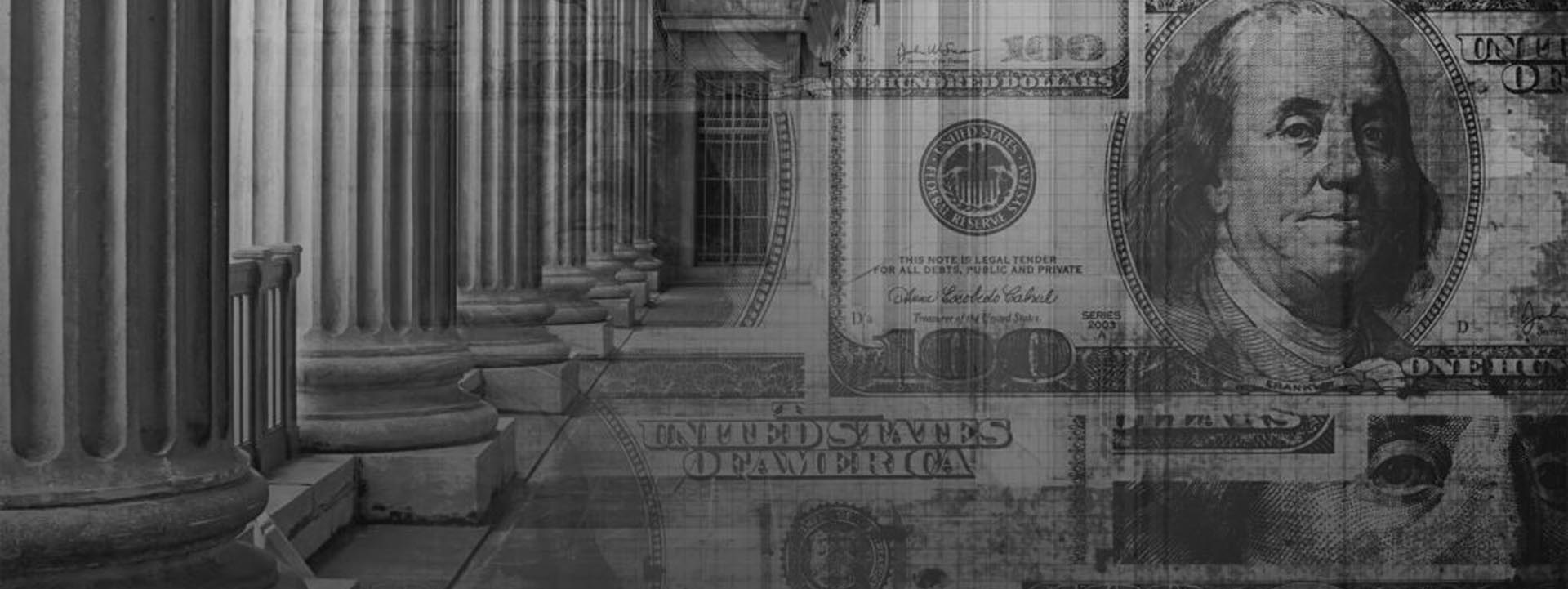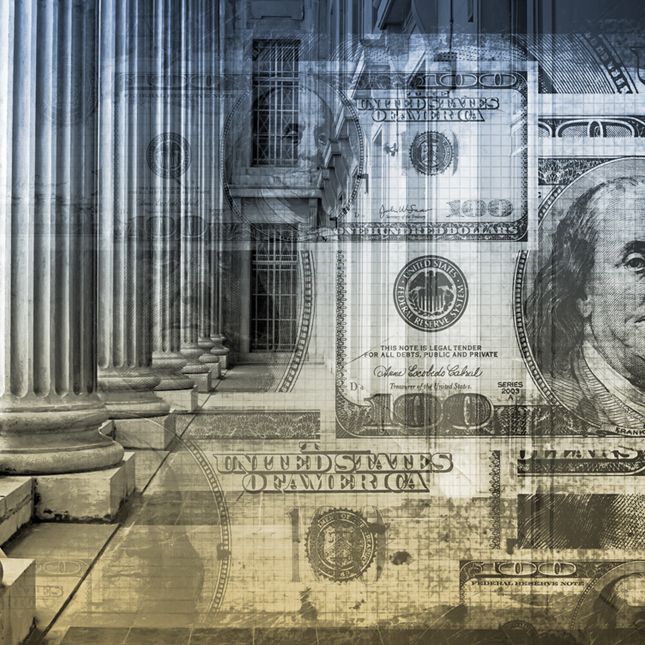Chapter 13 Bankruptcy
What is a Chapter 13 Bankruptcy?
An individual with regular income can file a Chapter 13 Bankruptcy or “Reorganization Case”. After filing a Chapter 13 Petition, an individual proposes a plan to repay his or her creditors through monthly plan payments. Under the repayment plan, a debtor has the option of renegotiating interest rates and collateral value with some secured creditors (secured creditors have collateral attached to debts). The proposed repayment plan must be approved by the bankruptcy judge. A Chapter 13 Trustee is appointed to collect the monthly payments and make monthly distributions to creditors. A Chapter 13 Repayment Plan lasts for 3-5 years during which time the individual will remain under the jurisdiction of the bankruptcy court. When an individual completes all plan payments and a final distribution is made to creditors, he or she will be granted a Chapter 13 Discharge, i.e., the individual will no longer owe any money to his or her creditors.
We at Bankruptcy Professionals, PLLC are experienced in guiding individuals through the process of filing chapter 7 bankruptcy.Let us help you obtain a fresh start.
Interested in obtaining a free case evaluation?
CH 13 Q&A
Who Qualifies for a Chapter 13 Bankruptcy?
Anyone can file a Chapter 13 Bankruptcy as long as their debts are low enough. You cannot file a Chapter 13 if you have a prior dismissed petition because you have been unwilling to appear in court or because of a voluntary dismissal within the last 180 days.
Do I Need an Attorney to File a Chapter 13 Bankruptcy?
An individual can file his or her own Chapter 13 Bankruptcy petition, but there are many complex procedures waiting for the unsuspecting debtor.
Should I file a Chapter 13 or Chapter 13 Bankruptcy?
Choosing between a Chapter 7 and Chapter 13 depends on the types of debt you have and the amount of money that you make. If you’re income is steady and too high for a Chapter 7, you will want to file a Chapter 13 Bankruptcy. Also, many advantages come with filing a Chapter 13 Bankruptcy in Utah. The best advantage is the opportunity homeowners have to save his/her home from foreclosure through a payment plan to repay late fees, or using actions such as short sales, deed in lieu of foreclosure, or loan modification. When someone files a Chapter 7 Bankruptcy, his/her assets and properties are liquidated, in a Chapter 13 Case debtors are given the opportunity to reorganize their debt and pay all or part back over time.
Although Chapter 13 seems the most advantageous, a few disadvantages remain. To learn more about Chapter 13 Bankruptcies, contact Utah Bankruptcy Attorney Donald S. Reay.
Our firm has extensive experience in navigating individuals through chapter 13. Let us help you make a change today.
RESOURCES:
Utah Courts – Consumer Debt – This website provides ‘Self-Help’ Resources for Consumers, including small claims, debt & debt collection, fraud and identity theft and government & non-profit consumer agencies.
Utah Bankruptcy Courts – This website provides you with great information regarding local opinions, rules, policies and procedures, and guidelines, as well as credit counseling/debtor education. This website can also provide important calendars and official forms for you to look over and complete.
Utah State Legislature – Here you can see the different Tiltles and Judicial Codes for the State of Utah. This website can show you which properties are protected in bankruptcy. The things listed can’t be taken from you during Chapter 7 or Chapter 13 bankruptcies.
*Not all debt can be discharged when filing a Chapter 7 or Chapter 13 Bankruptcy. Some of these non-discharged debts include student loans, criminal fines, child support, recent taxes, and alimony.
[/vc_column_text]
If you’re considering filing bankruptcy, first call Utah Attorney Donald S. Reay for a free consultation.
Make sure bankruptcy is the right choice for you.
General Bankruptcy Q&A
How Can Filing Bankruptcy Help Me?
Filing bankruptcy may allow you to stop foreclosures or repossessions. It can allow you to challenge creditors accusing you of owing more money than you really do. Filing bankruptcy may allow you to stop wage attachments, debt collection, and similar actions. It can also help you eliminate the requirement to pay most or even all of your debts. Filing bankruptcy can help give you a financially fresh start and a second chance.
What Impact Will Filing Bankruptcy Have on My Spouse?
Your spouse may or may not have to file bankruptcy with you. Obligations are separated into individual and marital. If the debt lies under marital obligations, creditors may be able to go after a spouse. Most find it easier to file a joint bankruptcy.
Do I Need a Lawyer to File Bankruptcy?
You do not need a bankruptcy attorney. However the bankruptcy process is not simple and we highly encourage you to take advantage of our skilled bankruptcy attorneys.
What Are the Benefits of Bankruptcy?
Bankruptcy has many benefits including helping to eliminate creditors and collection calls. It helps make debt easier to manage and gives you a fresh start.
What CAN’T Filing Bankruptcy Do?
Filing bankruptcy cannot solve all your financial problems, and may not be the right step for everyone. Filing bankruptcy cannot dissolve debts that happen after bankruptcy has been filed. Filing bankruptcy cannot protect the co-signers on your debts. Filing bankruptcy cannot discharge child support, alimony, criminal fines, or recent taxes. Finally, filing for bankruptcy cannot eliminate debt from “secured creditors”.
What does a Bankruptcy Trustee Do?
A bankruptcy trustee is appointed by the bankruptcy court to liquidate your eligible property and assets. This person is qualified, impartial, and fair.
Utah Bankruptcy Practice Areas
Be sure to find a lawyer who has proven tor be successful in resolving cases, closing deals, protecting assets, and adding value.
Donald Reay is a knowledgable trial attorneys with experience in probate courts and comprehensive knowledge of probate law in Utah and its unique procedures to both probate and trust disputes.



